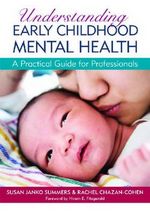When your child has additional needs – a guide for UK families
Finding out that your child has additional needs can bring about a whole array of emotions.
We know from listening to parents that, regardless of the type of disability, health condition or additional need of their child, the common need is for information, support and advice.
Whatever stage you are at on the journey with your child, Contact a Family is here to help.
This booklet gives some basic information on a range of topics which may be useful to you and your family. It will also point you in the direction of more in-depth help and support should you need it.
If you want to talk through any of the issues with someone, remember our helpline is available with trained parent advisers who will listen, understand and point you in the right direction.
Call our freephone helpline on 0808 808 3555
'When your child has additional needs' here



